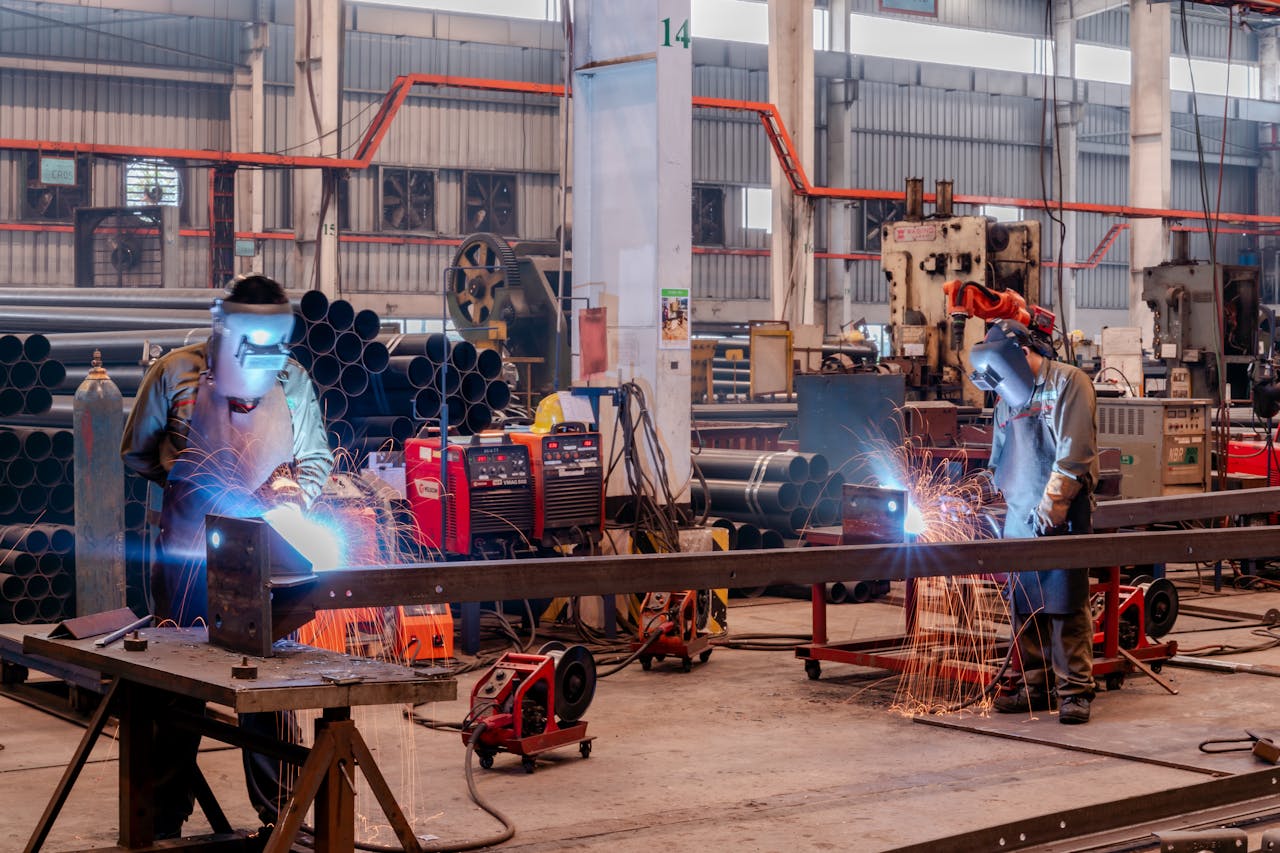
Factors That Affect the Length of a Workers' Compensation Settlement Process

Key Takeaways:
-
Timely Filing is Crucial: Promptly reporting the injury is essential for a faster claims process and can prevent complications in verifying injury details.
-
Factors Influencing Claim Duration: The severity of the injury, employer cooperation, and state regulations significantly impact how long workers' compensation claims take to resolve.
-
Resolving Denied Claims: Addressing denied workers' comp claims requires thorough review, additional evidence submission, and potentially legal assistance.
-
Importance of Medical Evaluations: Timely and accurate medical evaluations are crucial for determining the extent of the injury and establishing appropriate treatment plans.
-
Role of Claims Administrators: Experienced claims administrators play a vital role in streamlining the process by gathering necessary documentation, coordinating with medical providers, and resolving disputes.
Workers' compensation claims can vary widely in complexity and duration. Many employees and employers often wonder, “How long do most workers' comp settlements take?”
While some claims are resolved quickly, others, such as those involving resolving denied workers' comp claims, may experience delays due to specific factors. Understanding these influences can help manage expectations and streamline the process.
The Role of Timely Filing in Workers' Compensation Claims
Timely workers’ compensation claims filing is one of the most critical factors in determining how quickly a case progresses.
Prompt reporting ensures that the necessary documentation is submitted and processed without unnecessary delays.
Delays in filing can lead to:
-
Complications in verifying injury details.
-
Delayed medical treatment approvals.
-
Extended investigation timelines.
Filing claims immediately after an incident sets the foundation for efficient processing.
How Long Do Most Workers' Comp Settlements Take?
The timeline for workers' compensation settlements varies depending on the complexity of the case. While some claims can be resolved within a few weeks, others may take several months or longer.
Factors like the severity of the injury, the need for additional evidence, and disputes over claim details all contribute to the length of the process.
On average:
-
Straightforward claims: These may be settled within 30–90 days if there are no disputes or delays.
-
Complex claims: Cases involving serious injuries, litigation, or resolving denied workers' comp claims can extend to six months or more.
Working with an experienced claims administrator can significantly impact how long most workers' comp settlements take, ensuring a smoother process.
Common Factors Affecting Workers' Compensation Claim Timelines
The duration of workers' compensation claim timelines depends on a variety of elements. These include:
-
Nature and severity of the injury: Complex cases involving multiple treatments or long-term recovery can prolong the process.
-
Employer cooperation: Timely provision of required forms and evidence helps accelerate the claims process.
-
Insurance carrier’s efficiency: Some carriers may take longer to review and approve claims.
-
State-specific regulations: Different states have varying rules for evaluating and resolving workers' compensation claims.
-
Litigation or disputes: Cases involving legal disagreements, such as resolving denied workers' comp claims, can significantly extend settlement times.
Each of these factors can either speed up or slow down the resolution of a workers’ compensation case.
Why Some Claims Are Denied and How to Resolve Them
Denied workers' comp claims can create additional hurdles in the settlement process. Reasons for denials often include insufficient documentation, discrepancies in injury reports, or missed deadlines.
To address denied claims effectively, consider the following steps:
-
Review the denial letter: Understand the specific reasons for the rejection.
-
Provide additional evidence: Submit missing medical records, witness statements, or supporting documentation.
-
Consult with professionals: A claims administrator workers' compensation specialist can help navigate disputes and facilitate resolution.
-
File an appeal: Follow the proper procedures to request a reconsideration of the claim.
Resolving denied workers' comp claims requires persistence and thoroughness but can ultimately lead to a fair outcome.
The Impact of the Claims Administrator on Timelines
A claims administrator workers' compensation professional plays a vital role in ensuring claims progress efficiently. They act as the point of contact between the employee, employer, and insurance carrier.
Responsibilities include:
-
Gathering accurate and complete documentation.
-
Coordinating with medical providers to verify treatments and diagnoses.
-
Monitoring deadlines to ensure compliance with state requirements.
-
Mediating disputes between parties involved in the claim.
An experienced claims administrator can significantly reduce delays and improve the efficiency of workers’ compensation claim timelines.
Medical Evaluations: A Critical Component of Workers' Comp Settlements
Medical evaluations are pivotal in determining claim outcomes and directly affect workers' compensation claim timelines.
These assessments validate the nature and extent of the injury, forming the basis for compensation.
Why medical evaluations matter:
-
Provide evidence to support the claim.
-
Establish treatment plans and recovery timelines.
-
Help calculate the appropriate settlement amount.
Timely evaluations are crucial for avoiding unnecessary delays in the claims process.
Dispute Resolution and Its Impact on Workers’ Compensation Claim Timelines
Disputes are a major factor in prolonging workers' compensation claim timelines. These disagreements can arise over the cause of the injury, treatment plans, or compensation amounts.
Steps to resolve disputes effectively:
-
Conduct thorough investigations to uncover all facts.
-
Rely on mediation or arbitration to reach mutual agreements.
-
Engage legal or claims specialists to navigate complex cases.
Resolving disputes efficiently ensures fair outcomes while minimizing delays.
The Role of State Regulations in Workers’ Compensation Timelines
State-specific regulations have a significant impact on how long most workers' comp settlements take. Each state has its own filing requirements, deadlines, and rules regarding compensability.
Key considerations include:
-
Deadlines for reporting injuries and filing claims.
-
Guidelines for determining compensability.
-
Requirements for appeals and dispute resolution.
Navigating workers' comp laws effectively ensures compliance and avoids setbacks.
Employer Responsibilities in the Workers’ Compensation Process
Employers play a crucial role in facilitating timely workers’ compensation claims and ensuring a smooth process. Their cooperation can directly influence how long most workers' comp settlements take.
Employer responsibilities include:
-
Promptly reporting injuries to the claims administrator.
-
Providing accurate details about the incident.
-
Cooperating with investigations and providing necessary documents.
When employers fulfill their responsibilities, claims move more efficiently toward resolution.
Tips for Expediting Workers' Compensation Claims
How long do most workers' comp settlements take? The answer often depends on proactive efforts by all parties involved.
To help expedite the process, consider the following tips:
-
Communicate clearly and frequently with all stakeholders.
-
Ensure all documentation is complete and submitted on time.
-
Cooperate with the claims administrator to address any issues promptly.
-
Follow up regularly to check the claim’s progress.
These steps help streamline the process and reduce unnecessary delays in settlement.
Get Expert Help for Faster Workers’ Compensation Resolutions
Are delays and disputes slowing down your workers’ compensation claims? At Veritas, our experienced claims administrators specialize in managing timely workers’ compensation claims, resolving denied workers' comp claims, and navigating complex workers' compensation claim timelines.
Contact us today at 888-837-1199 or email us at connect@veritasclaims.com to ensure a smoother, faster resolution to your claims. Let Veritas, your trusted third-party claims administrators, handle the details so you can focus on what matters most.

